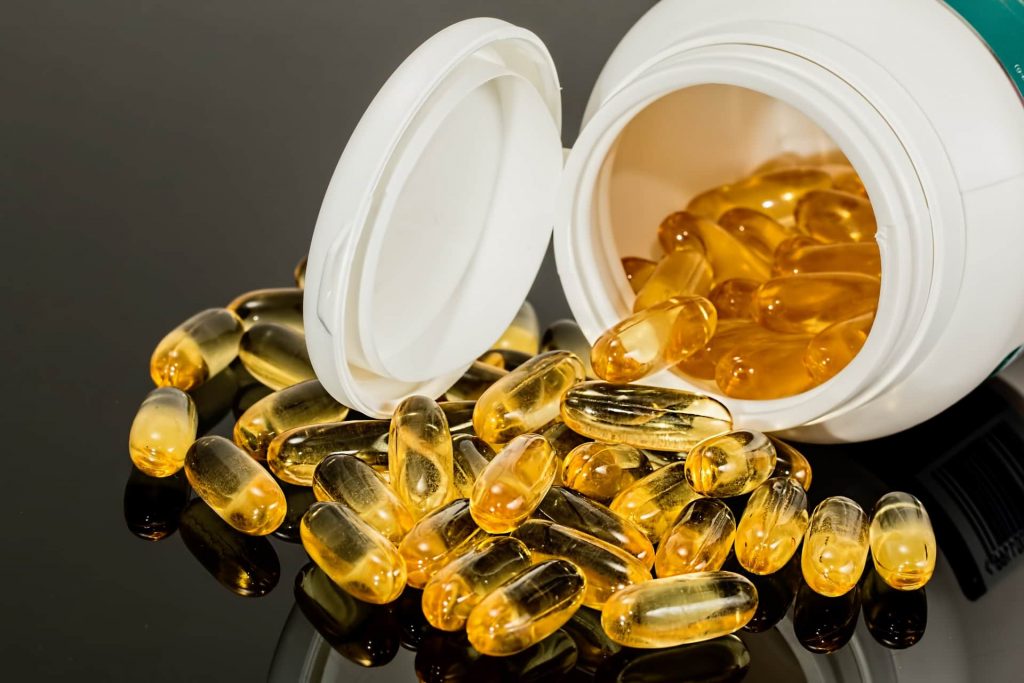In this day and age with targeted advertising and the anonymous world wide web, it can be easy to fall for a scam. In fact, I have fallen for them a time or two with email phishing and fake Facebook companies. I have been fortunate to catch my mistakes and protect myself. However, members of my family have not been so lucky, and have fallen prey to health scams. In order to prevent more of this in the world, let’s take a look at some key characteristics of health scams and how to avoid being scammed.
It can cure just about everything
People with chronic pain are often targets of health scams. Oftentimes those who perpetrate health scams select those who have to deal with the most pain. If you are one of those people, be wary of those claiming they can cure arthritis pain (this is a common ploy). There is no medicine that can act as a quick fix for those types of pain. Always be skeptical of anyone promising magical drugs that can cure most pains or illness. You’ll often hear phrases like:
- Ancient recipe
- New formula
- Secretly tested
If you hear phrases like that, you’ll probably want to stay clear. Anything claiming they can fix both bowel movements and back pain shouldn’t be taken seriously. Mitigating pain is about exercising and masking healthy life choices. Most times in medicine there is no silver bullet, especially if you are dealing with chronic pain or a life-threatening ailment like cancer.
It is not regulated
If anyone is trying to sell you non-FDA-regulated items you should be cautious. Most items that are FDA approved have been tested in multiple ways and have documented effects. This is NOT to say that all products that are not FDA regulated are worthless. Rather, before buying a product for an illness, you may want to consult your doctor before purchasing. If this drug is “new to the market”, it’s best to stay clear if your doctor has not approved it for you. Instead, take supplements that have researched side effects and have clear labeling about ingredients.
Offer prescription drugs for cheaper or without a prescription
Let’s break down a scenario. You are struggling to pay for your medical treatments. Certain medicines are becoming rapidly expensive and stretching your paycheck thin. Lo and behold, you get an email from an overseas pharmacy saying you can get your pills for hundreds of dollars cheaper. What should you do? Although it may be tempting to give money to this overseas pharmacy, hold off on that and do some background research. Do you know anyone who has used this pharmacy before? How did they get your information? Why don’t you have to have a prescription? If you can’t answer these questions, you might be dealing with a health scam. Don’t fall for it. It’s most likely people who want to use your banking information, steal your identity, or never even sell you a product. If you do fall for something like this, immediately call your bank and cancel your card. Scammers can and will ask for personal information so be on the lookout.
Call your doctor and ask
Remember how we mentioned talking to your doctor? Talking to your primary care physician can be one of the best ways to spot health scams. Whether it’s an experimental drug or overseas pharmacy, your doctor can help you navigate the waters of health scams. Ask questions like:
- Have you heard of this drug before?
- What are the side effects of this treatment?
- What pharmacy do you recommend?
- Do you know anyone who has taken this medication?
- What natural things can I do to improve my situation?
A doctor can be a vital support system during a time of extreme pain and when your guard is low. Lean on them to help you make the correct decision regarding healthcare.
You can get this at the low, low, price
Ever see an advertisement about a new product or product you currently take? Is it bundled with multiple prescriptions or other products all for a low price? If so, it’s probably a health scam. Most of the time scammers will do this to make it seem like you are getting great value while not having any products or delivering something else entirely. This technique can be hard to discern as companies all around the world employ it to sell valid products. If you’re considering buying something that uses this type of marketing, you may have to do some extra digging. Which leads me to my next point.
Research, research, research
Health scams can be cleverly disguised, and it is never your fault for someone trying to take advantage of your vulnerable situation. To protect yourself, whenever you plan on taking a drug, no matter if it is prescription or not, DO YOUR RESEARCH. Understand what that drug is going to do to your body and the side effects. Just because something is “all-natural” does not mean that it is healthy for you, instead, research using your doctor, family and friends, and health journals. Look up studies before taking a pill that your doctor has not recommended to you. Anecdotal evidence is not a replacement for peer-reviewed study and analysis.
Like this content and want more? Subscribe to Dock Line Magazine and receive free content like this in your email every week!
